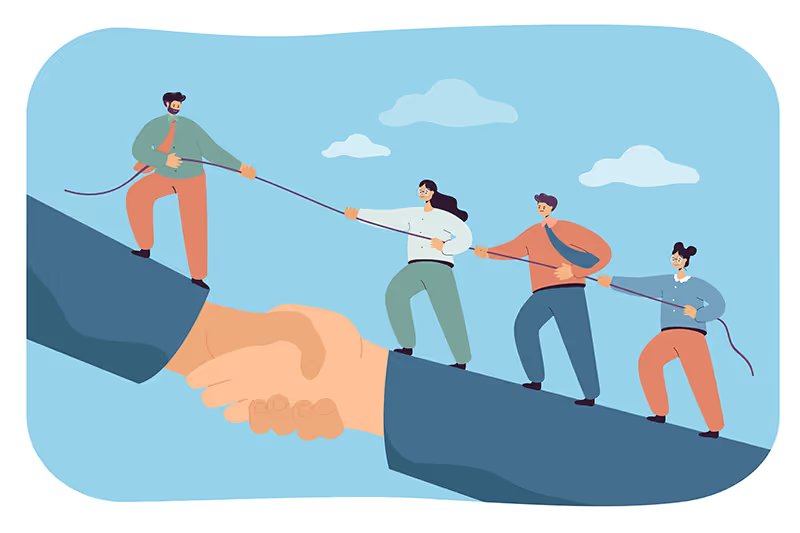Leaders typically think of growth mindset in terms of performance, personal growth, career development, and skills improvement. But the concept also can be crucial to driving diversity and inclusion efforts.
The key: Whether you believe you are capable of improvement often determines whether you think other people are capable of change. That, in turn, shapes how you view your team as a whole.
At the NeuroLeadership Institute, we define growth mindset as the dual belief that skills can be improved over time, and that improving those skills is the goal of the work people do. We recently explored this concept in a white paper featuring growth-mindset case studies from five leading global organizations.
What science says
Research has found a number of benefits to building a growth mindset culture, specifically around inclusion.
For instance, growth mindset can reduce stereotyping. Researchers have found that whether or not you think people are fixed or mutable in who they are shapes how many stereotypical judgments people make. If you use a growth mindset, you are more likely to attribute stereotype traits to environmental forces, rather than inborn traits.
When making judgments, a growth mindset also helps people gather more information before coming to conclusions. In one study, those with a fixed mindset needed less context before making a decision, potentially leading to undesired or unforeseen outcomes.
Growth mindset doesn’t just help people doing the stereotyping; it also helps people on the receiving end. Consider the idea of “stereotype threat.” It’s when members of a certain group do poorly on a task because they’re told they’re not “supposed” to excel. A body of research has shown that growth mindset can reduce the effects of stereotype threat, enabling people to perform closer to their true potential.
The business case
For organizations, the implication here is that cultivating a growth mindset culture can help drive down biased behavior and create stronger teams. Leaders who help their employees see failures as learning opportunities, and threats as new and exciting challenges, can also help those employees see others’ shortcomings not as signs of personal failings, but merely as a product of being human.
When employees start accepting diverse team members as generally well-intentioned, though perhaps fallible, they can move from a culture of competition to one of true and inclusive collaboration.
This article is the twelfth and final installment in NLI’s series, Growth Mindset: The Master Class, a 12-week campaign to help leaders see how the world’s largest organizations are putting growth mindset to use.
[action hash=”cd97f93c-1daf-4547-8f7c-44b6f2a77b77″]




.avif)



